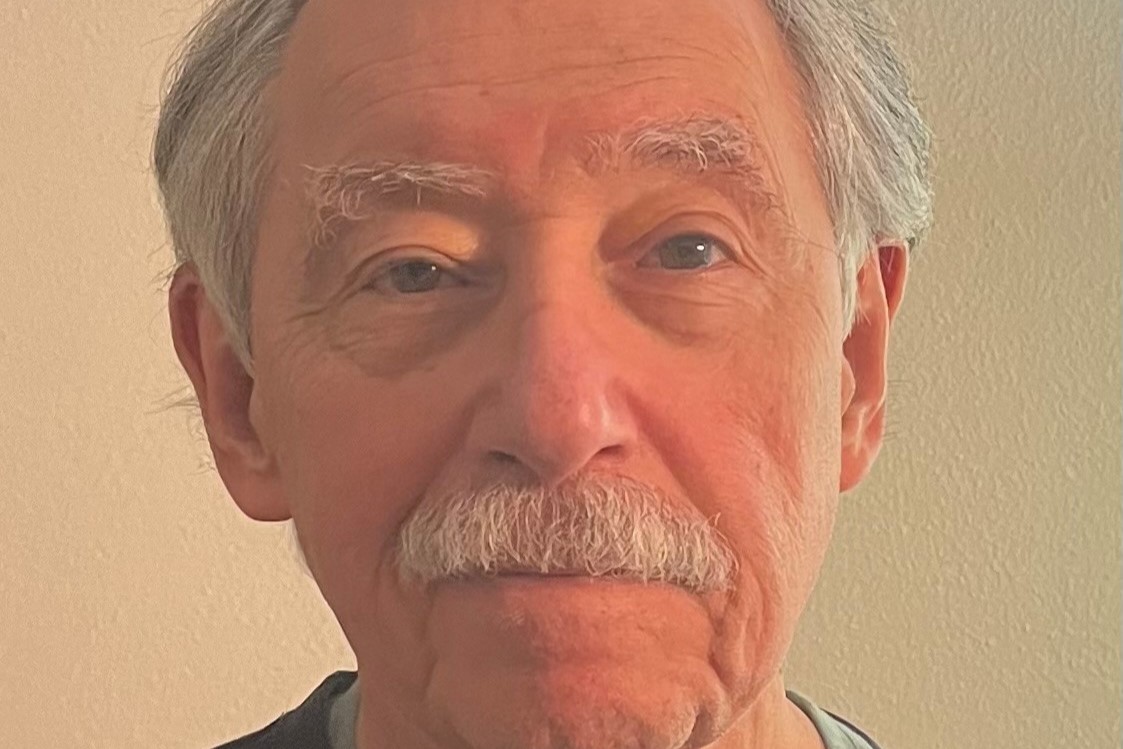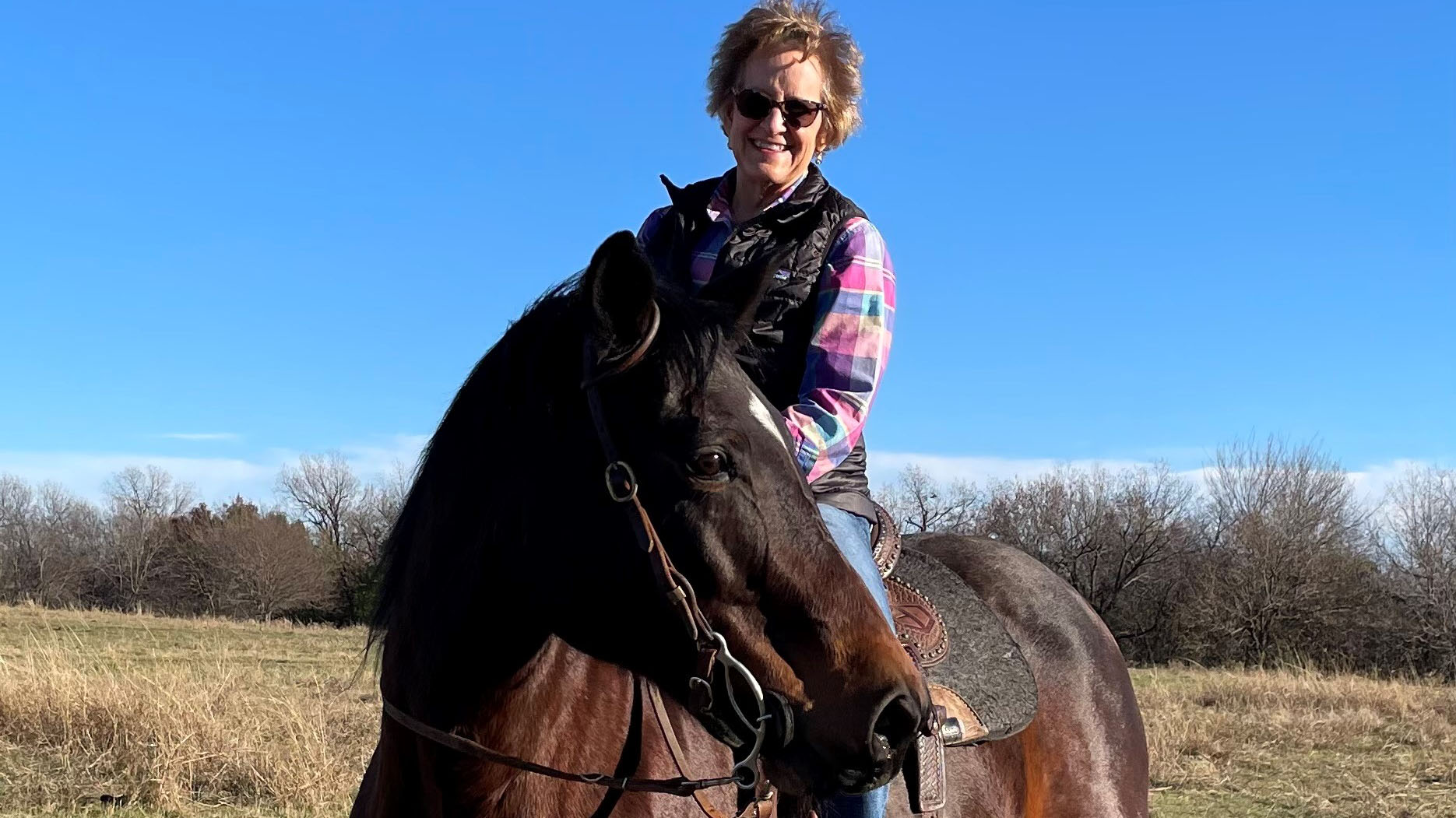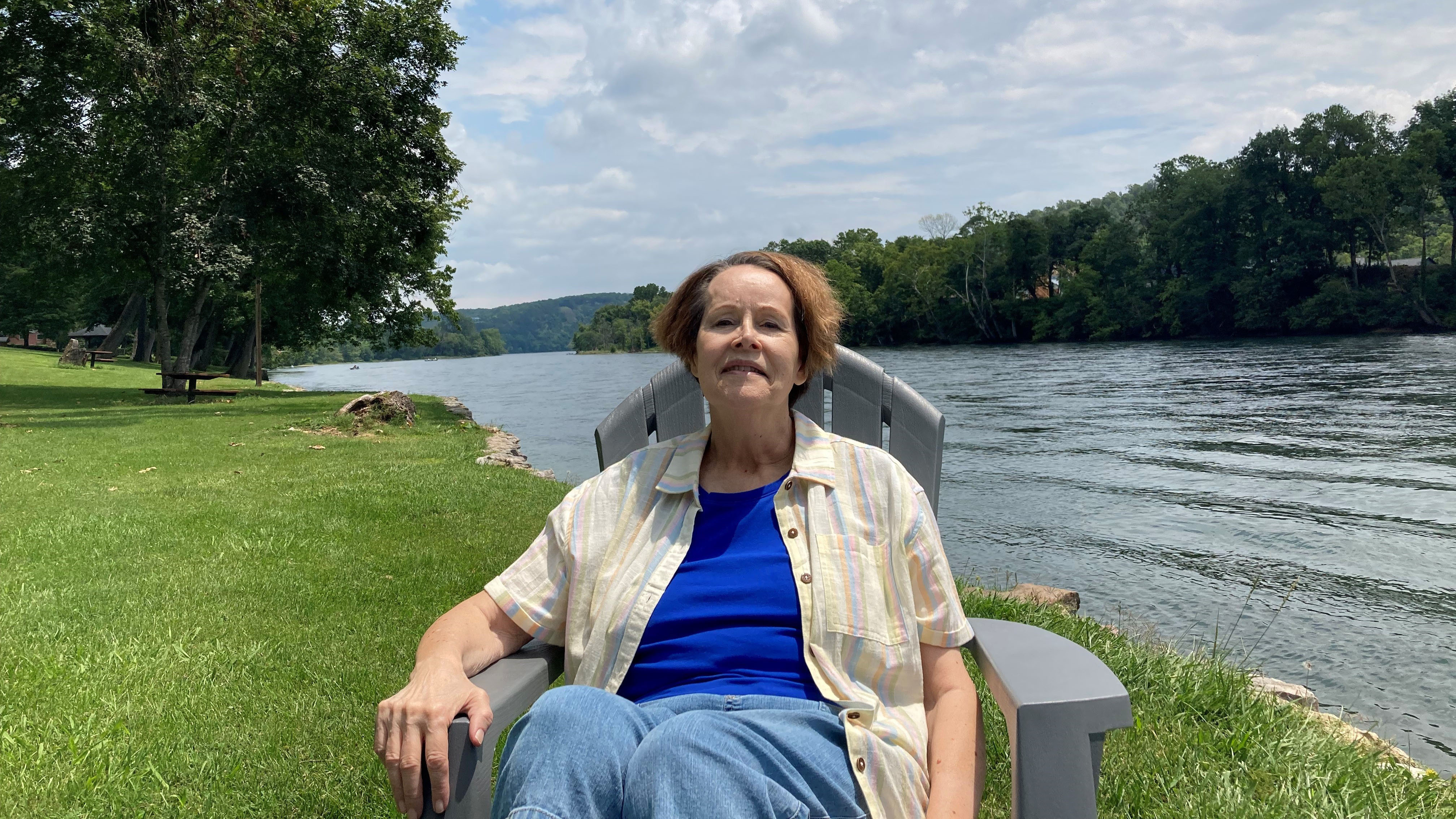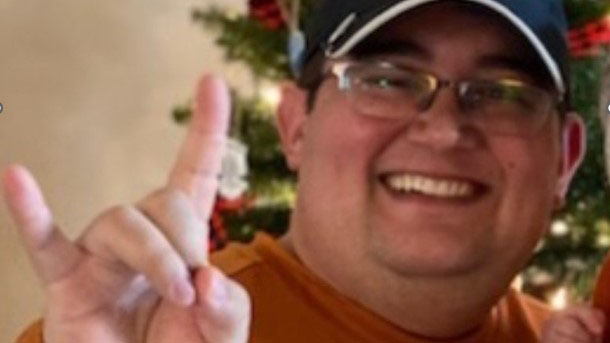- Diseases
- Acoustic Neuroma (14)
- Adrenal Gland Tumor (24)
- Anal Cancer (66)
- Anemia (2)
- Appendix Cancer (16)
- Bile Duct Cancer (26)
- Bladder Cancer (68)
- Brain Metastases (28)
- Brain Tumor (230)
- Breast Cancer (718)
- Breast Implant-Associated Anaplastic Large Cell Lymphoma (2)
- Cancer of Unknown Primary (4)
- Carcinoid Tumor (8)
- Cervical Cancer (154)
- Colon Cancer (164)
- Colorectal Cancer (110)
- Endocrine Tumor (4)
- Esophageal Cancer (42)
- Eye Cancer (36)
- Fallopian Tube Cancer (6)
- Germ Cell Tumor (4)
- Gestational Trophoblastic Disease (2)
- Head and Neck Cancer (6)
- Kidney Cancer (124)
- Leukemia (344)
- Liver Cancer (50)
- Lung Cancer (288)
- Lymphoma (284)
- Mesothelioma (14)
- Metastasis (30)
- Multiple Myeloma (98)
- Myelodysplastic Syndrome (60)
- Myeloproliferative Neoplasm (4)
- Neuroendocrine Tumors (16)
- Oral Cancer (100)
- Ovarian Cancer (170)
- Pancreatic Cancer (164)
- Parathyroid Disease (2)
- Penile Cancer (14)
- Pituitary Tumor (6)
- Prostate Cancer (144)
- Rectal Cancer (58)
- Renal Medullary Carcinoma (6)
- Salivary Gland Cancer (14)
- Sarcoma (236)
- Skin Cancer (296)
- Skull Base Tumors (56)
- Spinal Tumor (12)
- Stomach Cancer (60)
- Testicular Cancer (28)
- Throat Cancer (90)
- Thymoma (6)
- Thyroid Cancer (98)
- Tonsil Cancer (30)
- Uterine Cancer (78)
- Vaginal Cancer (14)
- Vulvar Cancer (18)
- Cancer Topic
- Adolescent and Young Adult Cancer Issues (20)
- Advance Care Planning (10)
- Biostatistics (2)
- Blood Donation (18)
- Bone Health (8)
- COVID-19 (362)
- Cancer Recurrence (120)
- Childhood Cancer Issues (120)
- Clinical Trials (628)
- Complementary Integrative Medicine (24)
- Cytogenetics (2)
- DNA Methylation (4)
- Diagnosis (230)
- Epigenetics (6)
- Fertility (64)
- Follow-up Guidelines (2)
- Health Disparities (14)
- Hereditary Cancer Syndromes (124)
- Immunology (18)
- Li-Fraumeni Syndrome (8)
- Mental Health (118)
- Molecular Diagnostics (8)
- Pain Management (62)
- Palliative Care (8)
- Pathology (10)
- Physical Therapy (18)
- Pregnancy (18)
- Prevention (898)
- Research (392)
- Second Opinion (74)
- Sexuality (16)
- Side Effects (604)
- Sleep Disorders (10)
- Stem Cell Transplantation Cellular Therapy (216)
- Support (404)
- Survivorship (322)
- Symptoms (184)
- Treatment (1776)
Acinic cell carcinoma survivor grateful for clinical trial
4 minute read | Published June 17, 2019
Medically Reviewed | Last reviewed by an MD Anderson Cancer Center medical professional on June 17, 2019
Keith Taggart noticed a lump the size of a pea in his left cheek in October 2014. He was also experiencing fatigue, weight loss, nausea and incontinence. His primary care physician wasn’t too concerned about the lump but referred him to an oral surgeon to have it removed and biopsied.
Keith was diagnosed with acinic cell carcinoma of the salivary gland 10 days later. But he wasn’t especially worried. “I believed that any future tumors could be easily treated by extraction with local anesthesia, the same way they’d removed the lump for the biopsy,” Keith recalls. An oncologist near his home in Oklahoma City scheduled him for oral surgery and seven weeks of radiation therapy.
Coming to MD Anderson for acinic cell carcinoma treatment
After his tumors came back four separate times, Keith sought a second opinion at MD Anderson in January 2016.
“MD Anderson has an impeccable reputation for cancer treatment,” Keith says of his decision to travel here. “It’s light years ahead of everything in my state in terms of treatment and success rate.”
Facing metastatic acinic cell carcinoma
At MD Anderson, Keith met with head and neck surgeon Neil Gross, M.D., who was concerned with how quickly the cancer seemed to be spreading. Keith underwent a full-body CT scan, which showed the cancer had metastasized to his lungs, liver, kidneys and lymphatic system.
“It had grown out of control, and we needed to go in a different direction,” Keith says.
He met with head and neck medical oncologist Renata Ferrarotto, M.D., who told him that chemotherapy might prolong his life for a little while.
“That was the first time I realized I had a terminal situation,” Keith recalls. “I thought it was simple salivary gland cancer that moved into my lymphatic system. It turned out to be much more serious than I ever thought possible. I was terrified and found myself emotionally falling deep and hard.”
Choosing a Phase I clinical trial
In addition to suggesting chemotherapy, Ferrarotto told Keith about a Phase I clinical trial that he might be a match for. Previously, doctors had biopsied a lump in Keith’s chest, which revealed a genetic fusion called NTRK III. It made him a possible candidate for the clinical trial, which was led by David Hong, M.D.
“I went home from my appointment thinking I was going to die within the next month or so, and three or four hours later I got a call from the nurse handling the clinical trial, Sandra Montez,” he says.
Keith learned from Montez that the clinical trial would put him on a daily medication called larotrectinib. He’d need to travel to Houston from Oklahoma every four weeks for physical exams and blood tests. He also needs full-body CT scans every other month. Keith decided to enroll in the clinical trial instead of undergoing chemotherapy.
“Immediately, I had hopes that I was going to make it through this,” Keith recalls of his first conversation with Montez. “She had such a positive attitude.”
The first signs of hope
After four days on the clinical trial, the lumps Keith felt on his neck, cheeks and shoulders were gone.
“Immediately I felt better,” he says. “A lot of the fatigue was gone, I was no longer losing weight and a lot of the symptoms from the cancer stopped.”
When Hong checked Keith’s first scans during the clinical trial, almost all of the tumors were gone, with the exception of two in his lungs, which had shrunk by 65%.
Cancer is no longer a constant
Keith will take larotrectinib – which was recently approved by the U.S. Food and Drug Administration – for the rest of his life to keep the tumors from growing back.
But he doesn’t worry about cancer anymore.
“Before, it was constantly on my mind. But after I knew the drug was going to keep the tumors from growing, I stopped even thinking about cancer getting me down anymore,” he says.
“I have a whole lot to be thankful for – MD Anderson saved my life and really enriched my life in so many different ways,” he says. “I can’t tell you how much I love MD Anderson for how much it has done for me.”
Request an appointment at MD Anderson online or by calling 1-877-632-6789.
Related Cancerwise Stories

I have a whole lot to be thankful for.
Keith Taggart
Survivor





